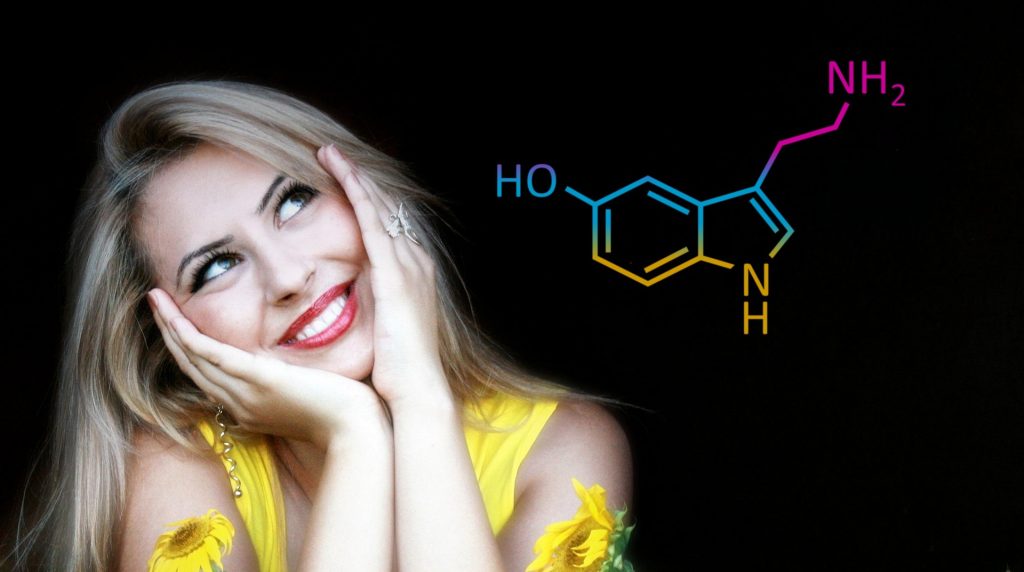
What’s the rage about anti aging hormones? One of the major theories of aging is the Neuroendocrine Theory. This theory recognizes the important inter-relationship between the brain and our endocrine (hormonal) system.
What Anti Aging Hormones Do
Anti aging hormones regulate our internal environment and enhance organ-system integration. Hormones are produced by endocrine glands and are released to into the blood stream to reach the other organs to regulate the essential functions of the body.
To optimally regulate the body’s many functions, hormone levels must be optimal. This makes sense. Often we are told that aging is “normal” and that we should “just accept it”. If that’s true, why do we treat anything since many medical conditions are age-related. Many conditions are also associated with low hormone levels, including heart disease, cancer, diabetes, and Alzheimer’s disease. If we are going to treat those conditions, why not treat the hormone deficiencies associated with them?
Testosterone
Called the “male” hormone, women benefit from testosterone, too. Testosterone plays a major role in libido for men and women. It facilitates muscle development. This improves metabolism. Individuals deficient in testosterone gain body fat, experience loss of energy, and mood swings and difficulties with memory and concentration. Testosterone improves bone strength and density. It improves cardiovascular health by improving function of the endothelium, or inner lining of blood vessels. Men with testosterone deficiency are at increased risk of developing type 2 diabetes.
Estrogen
Known as the “female” hormone estrogen is really a family of hormones with estradiol being the most potent and important. Estrogens enhances libido, improves skin quality by stimulating collagen production, Estrogens can alleviate many symptoms related to menopause including hot flashes, night sweats, brain fog, vaginal dryness, painful intercourse, and depression. Estrogen promotes strong bones and healthier cholesterol levels.
Progesterone
Along with estrogens progesterone regulates a woman’s menstrual cycle. It supports pregnancy and is called the “feel good” hormone as has a mild calming effect on the body. Progesterone protects against uterine cancer and improves blood flow. It works along-side estrogens to maintain good bone health and cholesterol levels.
Thyroid
Thyroid is the main hormone that regulates metabolism. It also regulates temperature and energy. When thyroid levels are low all bodily functions slow down, including brain function. Depressed individuals frequently have suboptimal thyroid function. Low thyroid is associated with elevated total and LDL cholesterol, muscle aches, constipation, dry skin, and hair loss.
DHEA
DHEA or dehydroepiandrosterone is the most prevalent hormone in the body and is typically the first hormone to decline as we age. It is the most under appreciated of the anti aging hormones. DHEA supports the other hormones by doing a little bit of everything. It protects the brain, bones, and heart. It also enhances immune function and counteracts the harmful effects of cortisol, and has been studied in the treatment of autoimmune diseases like lupus and other rheumatologic disorders. It promotes fat loss and provides a sense of well-being. Some DHEA gets converted into testosterone, estrogen, and progesterone.
Melatonin
Melatonin is produced at night and establishes our circadian rhythm, the 24 hour cycle that drives the body’s biochemical and physiologic processes. It enhances deep sleep, and it is during deep sleep that the body and brain rejuvenate themselves. Melatonin enhances immune function and is a very potent antioxidant and has anti-cancer effects. Studies in mice have shown that old mice treated with melatonin regain a more youthful state.
Growth Hormone
Though some times touted as the king of anti aging hormones, it is the federal government’s position that growth hormone cannot be prescribed or marketed for “anti-aging” purposes. It can be prescribed to treat adults who demonstrate growth hormone deficiency, though. Growth hormone is a misunderstood hormone. While it promotes skeletal growth in children and adolescents, it is primarily a healing or regenerating hormone in adults. In individuals who are deficient, growth hormone replacement improves tissue healing; muscle mass and strength, bone density, decreasese body fat, and can enhance immune function. It also improves energy levels, and psychological well-being. Individuals deficient in growth hormone are at increased risk for cardiovascular disease.
Keep these anti aging hormones optimal and you will live a more vibrant life.
See related articles, “Testosterone Deficiency is Not Healthy“, “Low Estrogen Symptoms: Who Wants Them?”, and “Avoid Symptoms of Low Progesterone“.
